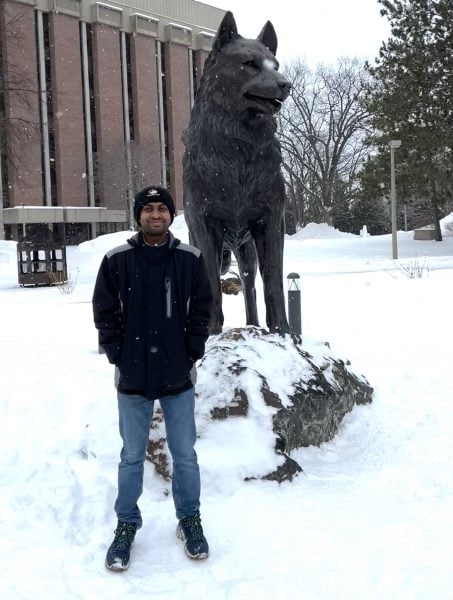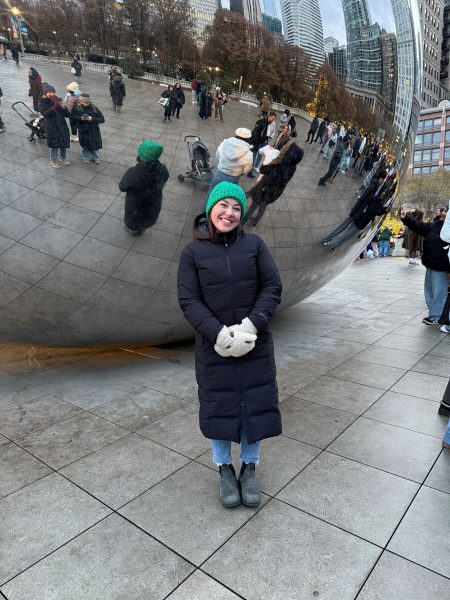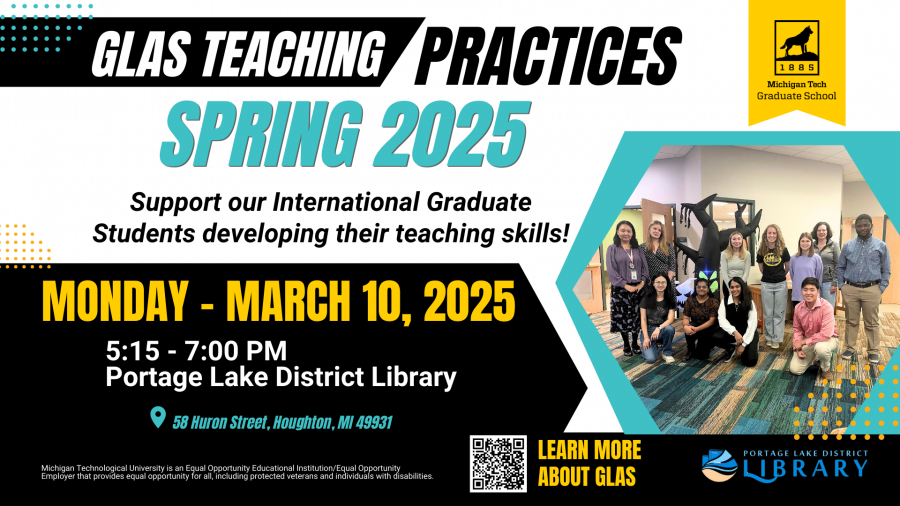Students who are completing a dissertation, thesis, or report are invited to join the Graduate School to learn about the resources available to them to assist in scheduling their defense, formatting their documents, and submitting their documents. In one afternoon, you can learn everything you need to be successful and complete your degree in a timely fashion! Faculty and staff who assist students with submissions are also welcome to attend. Attend the entire event, or stop in for the seminar that interests you.
- When: Wednesday, May 21, 2025, 2 – 4:30pm (see detailed schedule below)
- Who: Students completing a dissertation, thesis or report; faculty and staff who assist students with submission
- Where:Virtual and in-person (Admin 404 – limit for room is 30); (register to attend online and receive participation instructions)
- Registration: Please register to receive handouts via email or attend online. The seminar will be available online as well as on campus.
If you are unable to join us, the event will be taped and available online after the event. The previous semester’s seminars are always available online.
Information on submitting, formatting, and more can be found online for dissertations and theses or reports.
Detailed schedule
- 2:00 – 3:00 p.m. – Submission 101
Learn what is required to submit your document to the Graduate School and the deadlines for the upcoming semester. Best for students who are completing their degree this semester or next semester. - 3:00 – 4:00 p.m. – Formatting 101-103
Learn about templates, checking your document with Adobe Acrobat, and how to use copyrighted materials. You’ll also learn where resources are on the web page so you can learn more about the topics that interest you. - 4:00 – 4:30 p.m. – Questions
Have a question that hasn’t been answered yet? We’ll be available to answer any additional questions you have



